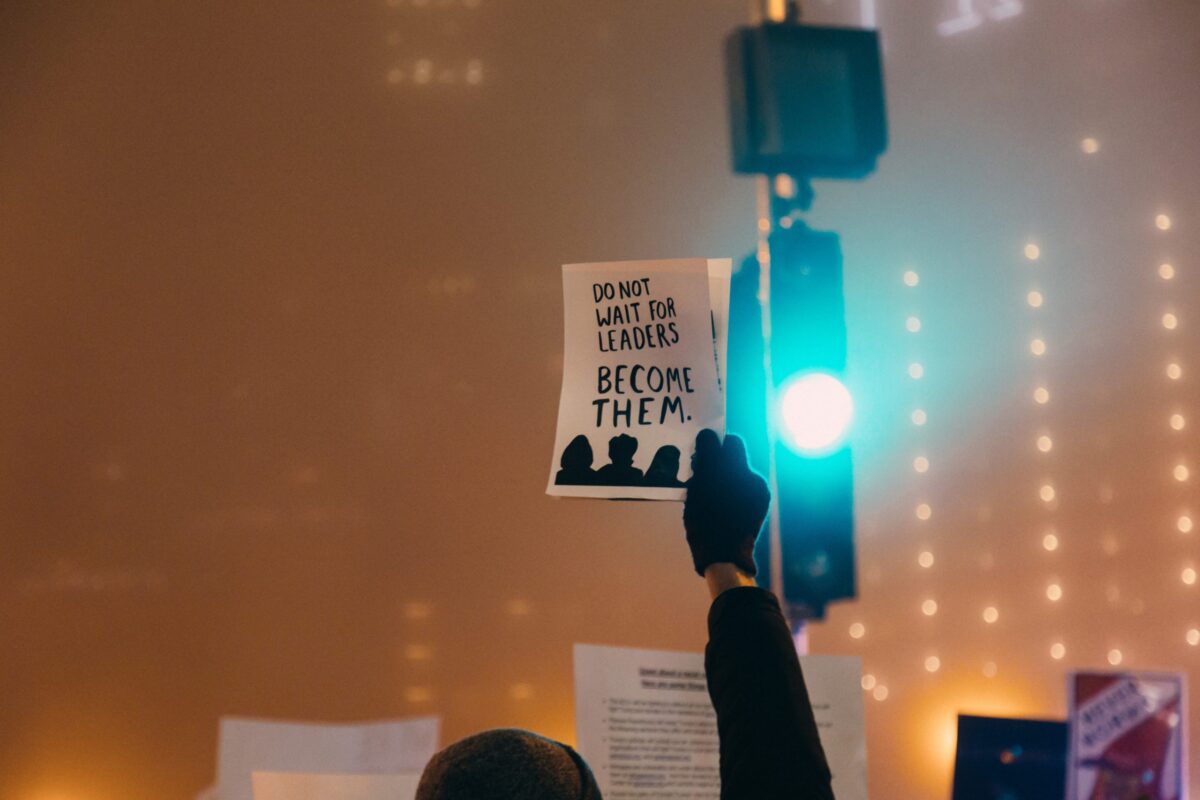No products in the cart.

“Action without thought is like a squirrel driving a car. It’s nonsensical.” -Greg Williams, The Master Negotiator & Body Language Expert
Why did you do that? Were you aware of what you were doing? Those may be the questions that others ask you when you’ve engaged in senseless behavior. Most of the time the answer to the questions are, I don’t know; I guess I wasn’t thinking. To avoid senseless behavior ask yourself, after that, then what.
Thinking ahead:
Before you engage in activities, do you think of the consequences that might occur as the result of those actions? Most people are aware that there’s a reaction for every action. Some people forget that truism. And, sometimes forgetting it leads to unexpected circumstances. Don’t let that happen to you. Before engaging in a deed, to be more aware of what might happen after it, during the decision-making process, ask yourself, after that, then what.
Understanding your mindset:
At different stages of the day, your decision-making process shifts. That’s because, as things happen throughout the day, the accumulation of the day’s activities causes you to alter your perspective. As an example, if someone has angered or vehemently challenged you about a point, you’ll be more likely to refudiate someone else that attempts to convey the same sentiment. Thus, you should always be aware of the mindset you possess when making decisions and what has occurred to influence your thoughts.
Timing:
When considering, after that, then what, be thoughtful about the timing of your decisions. Sometimes, you’ll have the power to bring your decision to fruition at that moment, other times you won’t. Thus, depending on the importance of the decision, it may behoove you to delay its implementation until a more favorable time.
Remember, decisions have two spectrums, haste makes waste and, he who waits too long loses opportunities. Thus, it may befit you to balance those spectrums on the pendulum of time.
If you want to avoid taking two steps forward and one step back in your life, before engaging in a decision, make sure you engage in, after that, then what thinking. Your decision will lead to an action. That action will lead in one direction versus another. If you don’t want to find yourself in a desolate place tomorrow, be more aware of the decisions you make today … and everything will be right with the world.
What does this have to do with negotiations?
Sometimes, offers and counteroffers flow quickly during a negotiation. Quick responses can lead to unwanted positions and disadvantage your standing. To sustain your negotiation efforts and enhance your chances of having a winning outcome, be mindful of where every concession and offer may lead. If you’re astute, you can use the, ‘answering a question with a question’ tactic to gain information (e.g. what do you mean? what do you think I mean?). That’s also a tactic you can employ to slow the other negotiator’s attacks when he’s bombarding you with questions. To insulate yourself even more from his bombarding, ask yourself, after that, then what.
Suffice it to say, when you’re in the heat of a negotiation, the way to ensure that you don’t act too hastily is to always ask, after that, then what. Doing that will lessen the chances of you wandering into a negotiation minefield. It will also allow you to maintain greater control of the other negotiator, yourself, and the negotiation.
Remember, you’re always negotiating!
After reading this article, what are you thinking? I’d really like to know. Reach me at Greg@TheMasterNegotiator.com
To receive Greg’s free “Negotiation Tip of the Week” and the “Sunday Negotiation Insight” click here http://www.themasternegotiator.com/greg-williams/
#Mind #Success #Emotion #Business #Progress #SmallBusiness #Negotiation #NegotiatingWithABully #Power #Perception #emotionalcontrol #relationships #liars #HowToNegotiateBetter #CSuite #TheMasterNegotiator #ControlEmotions


